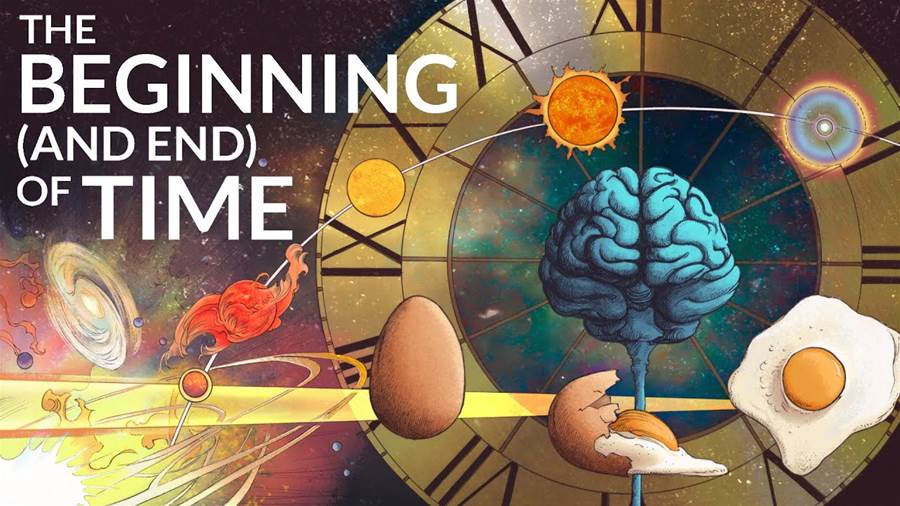
This article delves into the intriguing question of why time moves in one direction, or why it moves forward rather than backward. The concept of time is a fundamental aspect of our daily lives, yet the reason behind its unidirectional flow has mystified scientists and philosophers for centuries.
Time is a peculiar dimension that seemingly follows a predetermined path, always progressing forward. But this raises the question: could time have unfolded differently? To understand why time moves forward, we need to explore the underlying principles of physics and thermodynamics.
According to the second law of thermodynamics, also known as the law of entropy, the universe tends to move towards a state of higher disorder or randomness.

The arrow of time, as we perceive it, is closely related to the increase in entropy. When we observe events, we notice that they occur in a particular sequence, following a "cause and effect" pattern. For example, a glass shattering into pieces can never spontaneously reassemble itself.
To comprehend why time moves in one direction, scientists have studied the early universe and the conditions that prevailed shortly after the Big Bang. It is believed that in the initial moments of the universe, entropy was extremely low. As time progressed, the universe started expanding and evolving, and entropy began to increase gradually. This gradual increase in entropy led to the formation of stars, galaxies, and ultimately, life.
Additionally, some researchers suggest that the asymmetry of time may be linked to the nature of human consciousness.
While the question of why time moves forward remains unanswered definitively, the principles of entropy and the nature of the early universe are key factors in understanding the arrow of time. Whether we peer into the depths of space or contemplate the workings of our own minds, the mystery of time's unidirectional flow continues to captivate scientists and philosophers alike.








